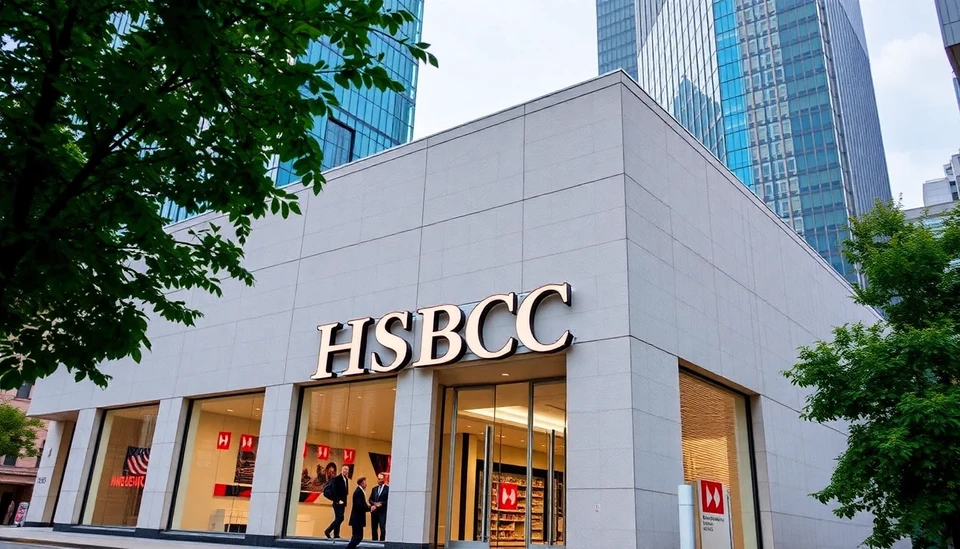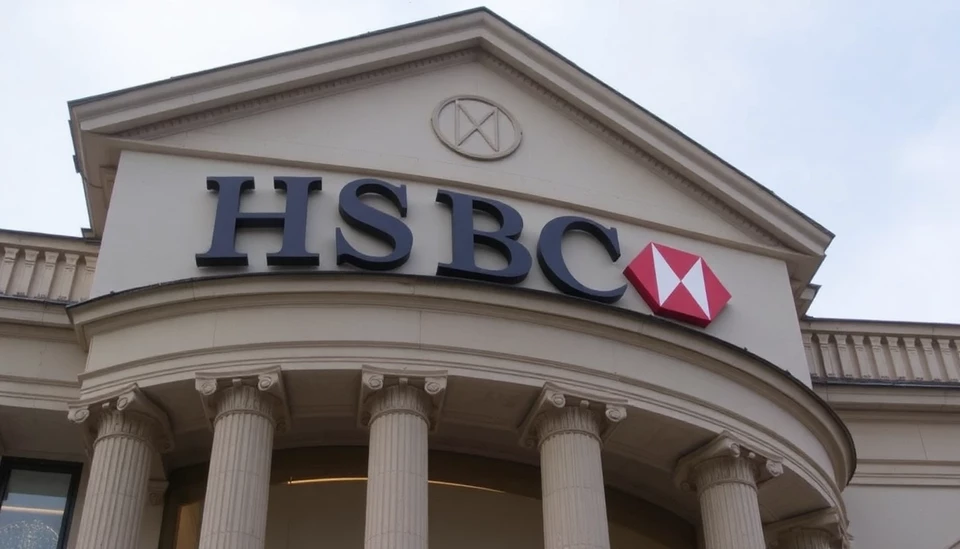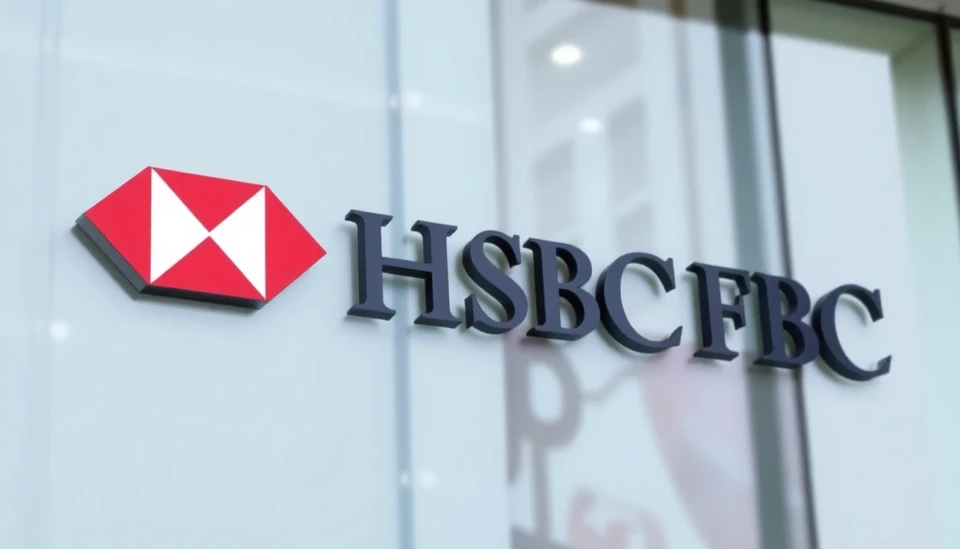
In a significant development in the financial sector, HSBC Holdings Plc has reportedly decided to halt its plans for a new trading arm dedicated to financing carbon credits. This move reflects the growing complexities and uncertainties surrounding the carbon trading market, particularly as global regulatory frameworks continue to evolve. The decision underscores HSBC's cautious approach amid shifting market dynamics and regulatory challenges.
Initially, HSBC had aimed to capitalize on the booming carbon credit market, which has gained substantial traction as nations and corporations strive to meet their climate commitments. By establishing a dedicated trading unit, the bank intended to leverage its expertise in financial services to facilitate the buying and selling of carbon credits, thereby supporting clients in navigating their compliance obligations and sustainability goals.
However, various factors have prompted HSBC to reassess these ambitions. Key issues include the inconsistent regulatory environments across regions, the risk of potential over-saturation in the carbon credit market, and the recent fluctuations in carbon prices that have raised concerns among traders and investors alike. Experts note that the lack of a unified global carbon market has led to complications in establishing reliable pricing and trading standards, which have made many institutions wary of deepening their investments in this area.
Sources suggest that while HSBC remains committed to its sustainability goals and reducing its carbon footprint, the bank is opting to focus on alternative strategies and collaborations to support environmentally friendly projects. This strategic pivot may include partnerships with organizations dedicated to climate change mitigation and investments in other sustainable financial products that offer more stability and predictability than carbon credits at present.
The pause in HSBC's pursuits also mirrors broader trends seen in the financial services industry, with several banks and investment firms now taking a more guarded stance on carbon trading initiatives. As clients increasingly demand transparent and effective strategies for achieving environmental targets, institutions are being compelled to reevaluate their approaches to carbon finance.
As HSBC navigates this challenging landscape, it remains to be seen how it will adapt its strategies to meet both market demands and regulatory expectations. Industry observers will be watching closely to see whether this preliminary halt will turn into a comprehensive withdrawal from the carbon credit trading space or if HSBC might eventually find a revised pathway to enter the market once more.
Ultimately, the future of carbon credit financing remains uncertain, with institutions like HSBC at the forefront of determining the direction of this evolving market. The need for stable frameworks, reliable pricing mechanisms, and effective strategies is more important than ever as the world collectively strives for a more sustainable future.
In conclusion, HSBC's decision to shelve its plans for a carbon credit trading finance arm highlights the complexities involved in navigating this burgeoning yet turbulent market. As regulations evolve and the landscape shifts, banks and financial institutions will need to remain adaptable and innovative in their approaches to sustainability and environmental finance.
#HSBC #CarbonCredits #Sustainability #Trading #Finance #Environment #ClimateChange #RegulatoryChallenges #InvestmentStrategies
Author: Peter Collins




